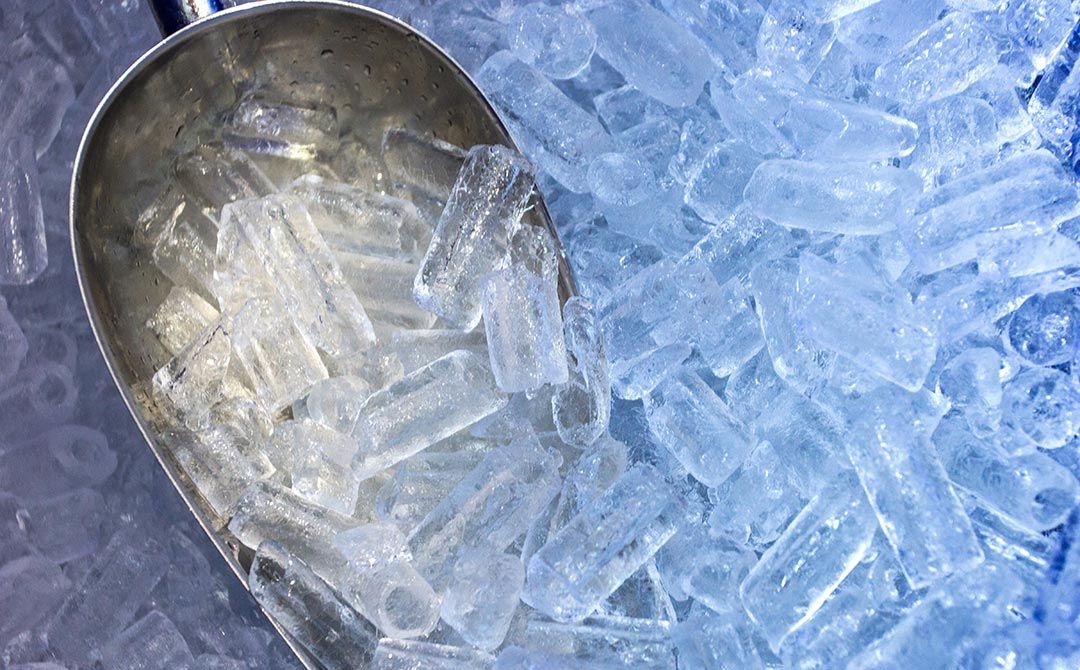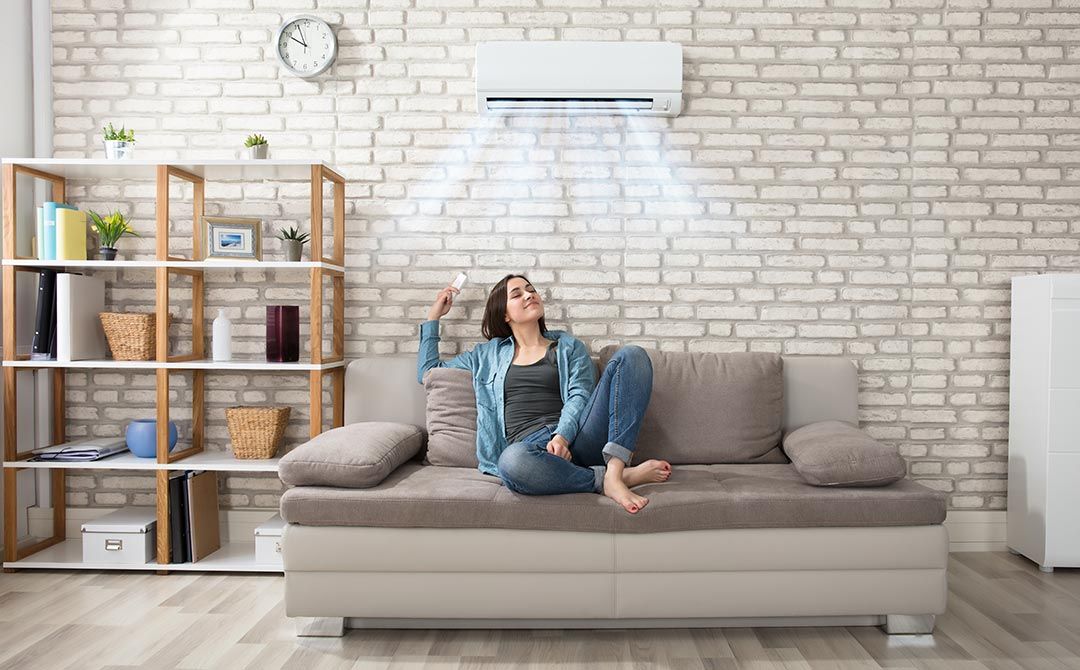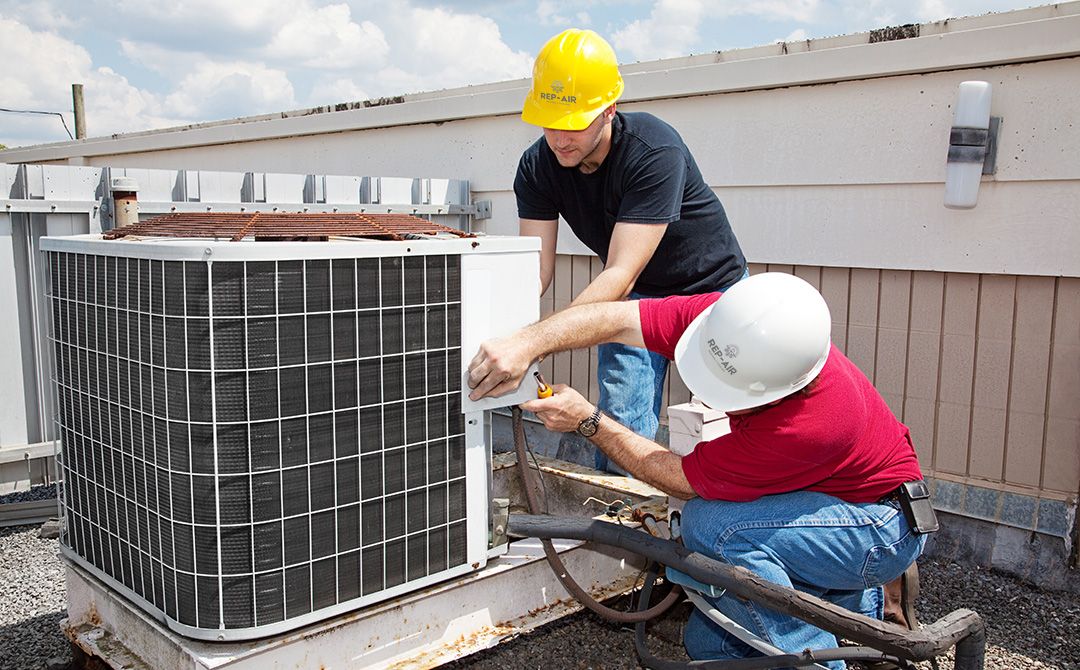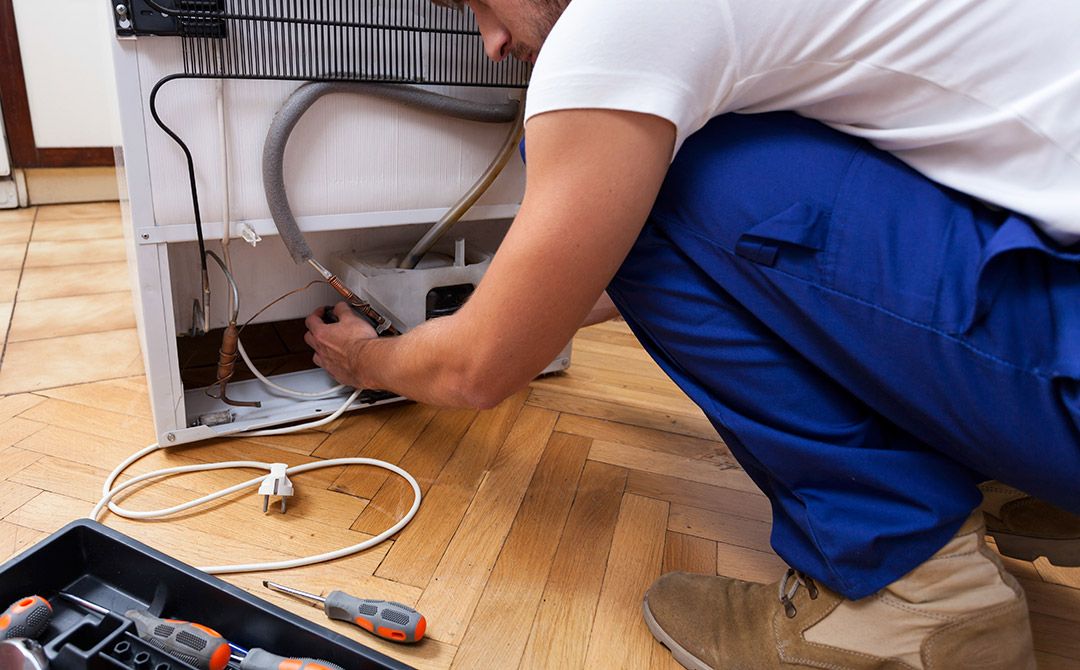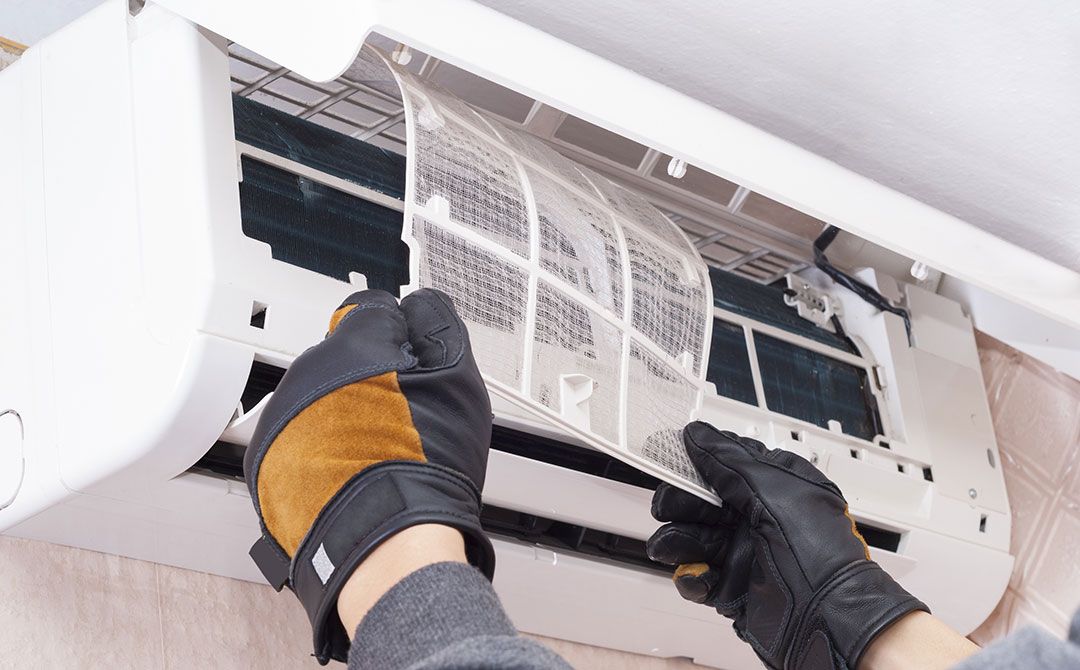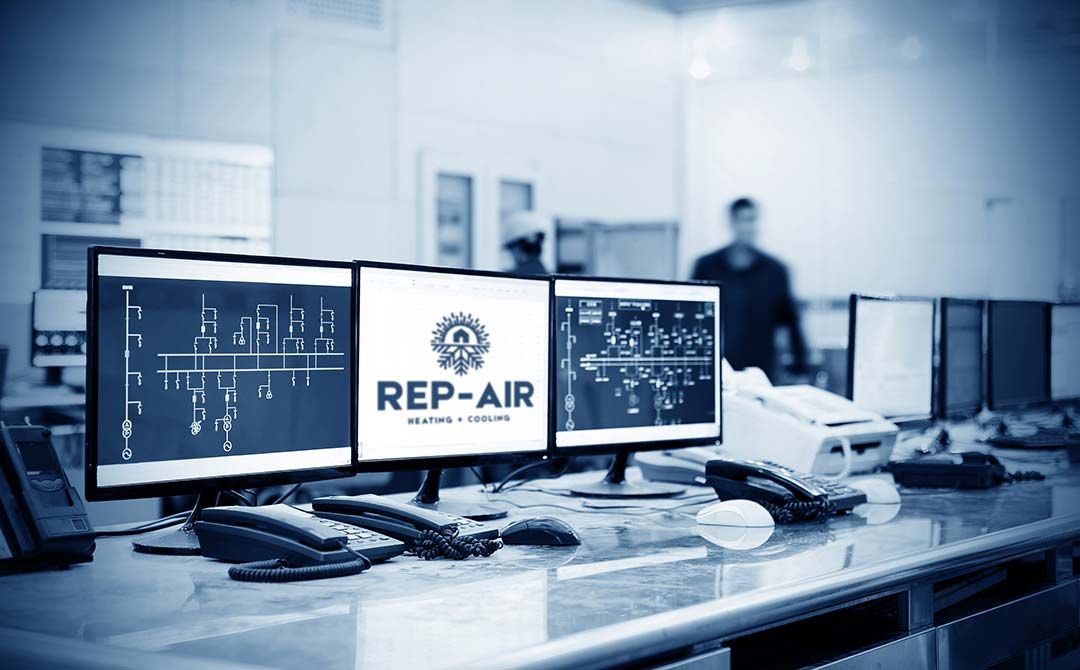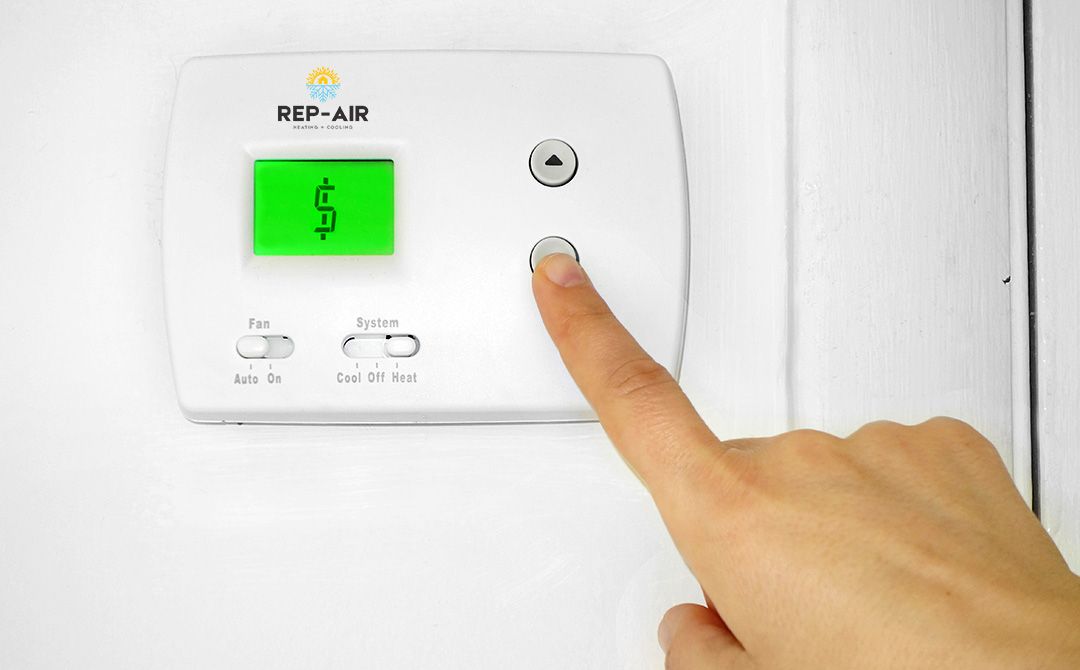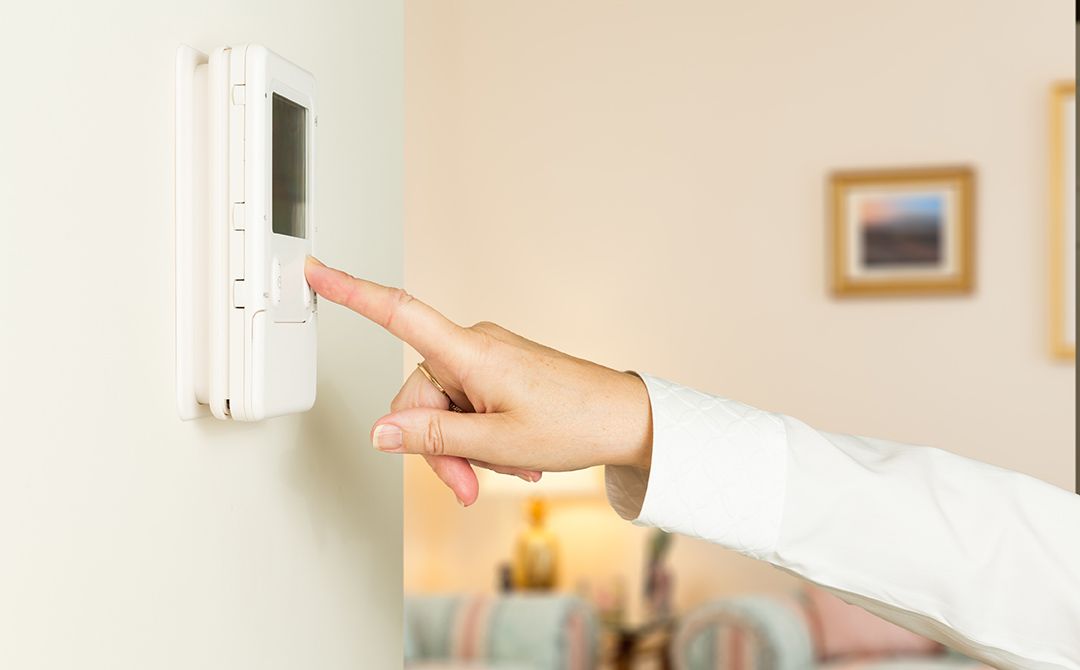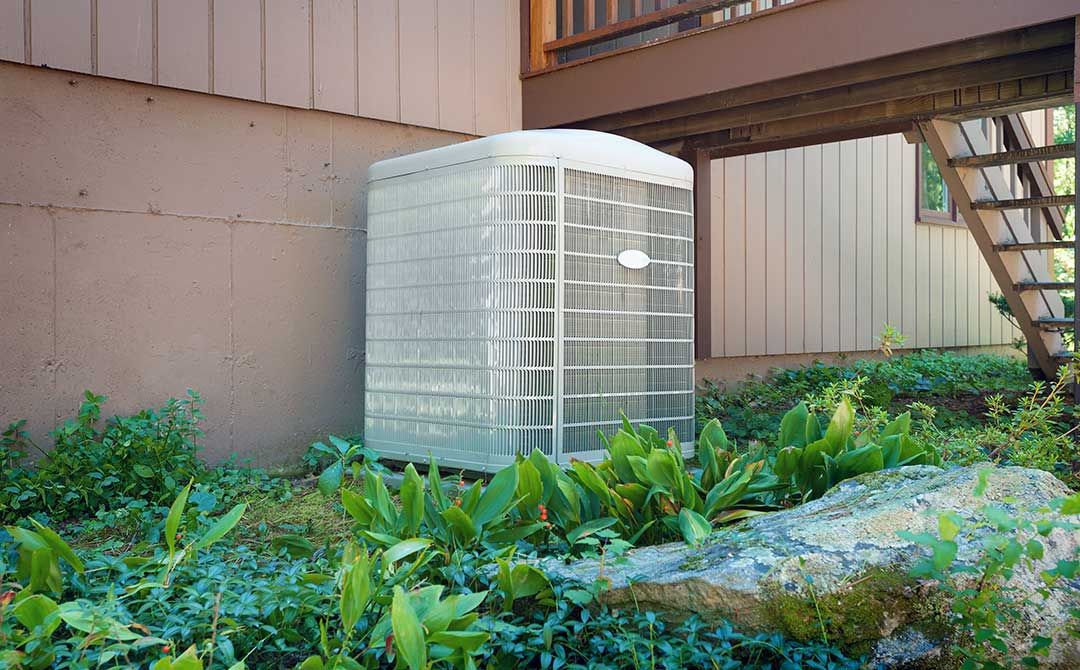Signs Your Ice Machine is Failing
Do you own an ice machine at your store? Do you love having the convenience of ice for your drinks? Whether you sell ice as part of your inventory or you want to add ice to your glass of water, having an ice machine around has its perks.
However, like the fridge, your ice machine should be regularly maintained and cleaned so that the ice it makes is clean too. Here are the top signs that your commercial ice machine is failing, the causes of why, and what can be done.
Things Worth Knowing About Beforehand
It’s worth having the following knowledge on hand about ice machines before you decide if the problem is worth calling in a professional for help:
- Ice machines are not the same as refrigerators. An ice machine is more like a dishwasher in that it is connected to an ongoing water supply. Therefore, a lot of the signs we’re going to address are very water-based.
- Commercial ice machines are standalone systems that connect to electricity.
- Ice machines also do not function like a grill, which is usually connected to a non-corrosive fuel source.
- Ice machines have more components and processes in them compared to refrigerators and freezers.
Now let’s look at the most common signs and causes of a failing ice machine.
Sign 1: No More Ice
This is one of the most common problems found in ice machines, and depending on the cause, the fix can either be something you can do yourself or it will require more experience.
One of the most common causes is a problem with the water inlet. When it works properly, the water inlet regulates the current flow of water heading into the ice machine where ice can be made. When it’s not working properly, that’s when a lack of ice occurs. Check around the water valve for any loose connecting components or bad clips—disconnection is often the culprit.
A lack of ice could also be the result of a clogged water filter. Check this component first before examining the inlet, and if there are blockages of any kind, clean it up.
Sign 2: Water Leaks
Sometimes a leak can occur inside of the machine rather than outside. Usually you can identify a leak if the ice cubes inside are larger than normal. This does not sound as good as you think it does! Larger ice cubes can in fact clog up the evaporator within the machine and cause it to freeze up. If your ice looks bigger than usual, the cause is usually a leaky water inlet.
You should perform the following tasks if a leak is happening outside the machine before calling a professional to look at it:
- Check to see that the machine is perfectly level on the floor, and not tilted to any one side
- Check the water supply for any damages, leaking, kinks, or pinches
- Check the basin or cup where water comes in; it should be perfectly aligned with the funnel
If this still doesn’t help your water leak problem, it’s best to get a professional to look at it.
Sign 3: Cool Water, But No Ice
If there is a lot of water in your machine but it’s running at a cool temperature instead of freezing, usually the culprit is a faulty bin full switch. This switch is responsible for indicating to the machine to stop making ice when the bin is full. That way, water doesn’t overflow.
Sign 4: Warmer Temperatures
Water that refuses to freeze could means there’s an issue with the compressor or a potential gas leak. Water temperature should be no higher than 32 degrees Celsius (90 degrees Fahrenheit). If this is the issue with your ice machine, there’s no DIY fix for it. You will need to call in a professional to fully examine and figure out what’s going on.
On the opposite side of problems, water temperature that is too high can either make the ice machine slow down or shut down entirely. A brand new system may run into this issue, but it shouldn’t with your current one.
Sometimes the room temperature itself is the cause of a failing ice machine. Ideally, an ice machine can produce more ice in a room of 21 degrees Celsius (70 degrees Fahrenheit) with water of 10 degrees Celsius (50 degrees Fahrenheit). However, if the ice machine is located in or near a commercial kitchen, the room temperature could be at fault. Ventilation in the area or relocating the ice machine will have to be done in order to achieve this ideal temperature.
Additionally, there are situations where DIY fixes to the ice machine are not recommended at all. Call a professional if these are the following causes and signs:
- The ice machine keeps getting too hot (meaning the evaporator fan is not running)
- There is a leak in the piping connected to the water supply
- The faulty parts need to be replaced and reinstalled
- The system was not properly installed in the first place and needs to be reinstalled
At Rep-Air Heating And Cooling we provide our customers with many options that will best suit your needs from heating and cooling to refrigeration. Contact us today for your complimentary quote: 1-778-728-1476 or contact@repairheatingandcooling.com and don’t forget to take a look at our website: https://repairheatingandcooling.com. Follow us on Facebook and Instagram for free giveaways!

